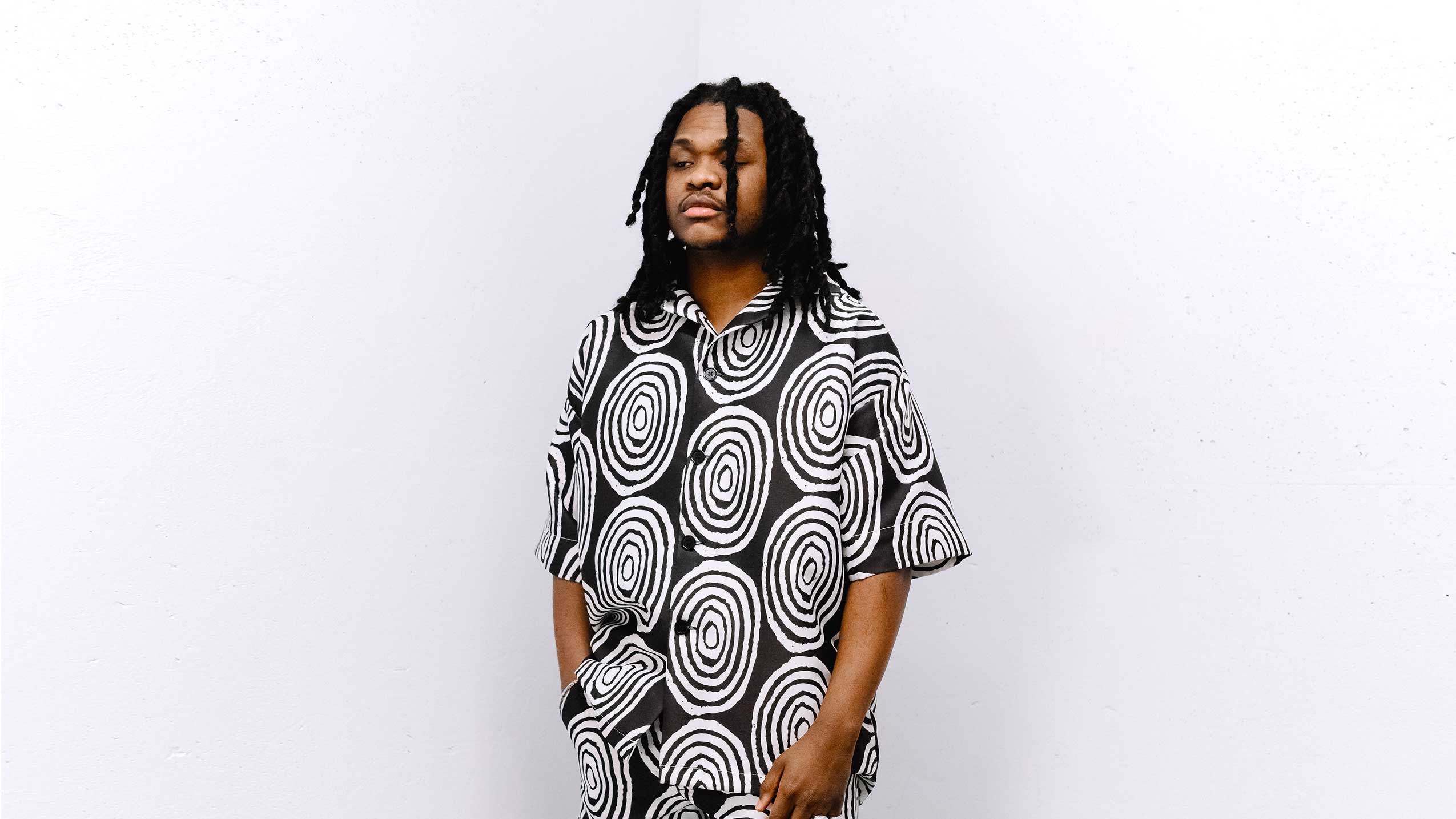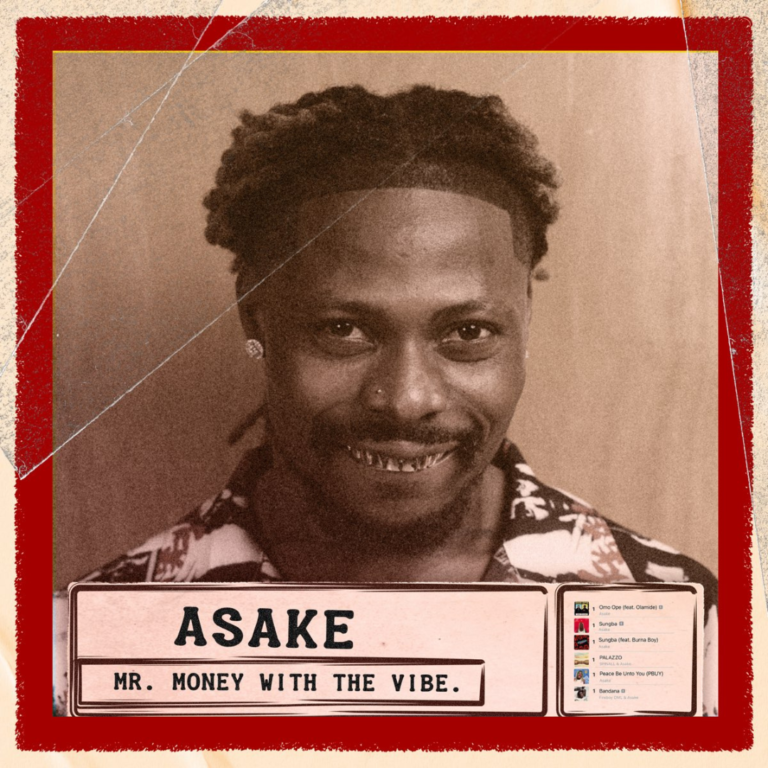Two years have passed since I discovered Mohbad’s music. Post-lockdown, sometime in early 2021, I was waiting for my school to resume so I could finish signing my clearance form and head for my NYSC programme.
At home, young guys around me were broke and complaining. Most of us felt if we weren’t “bombing” a site or cashing out or spending crypto money, we were idle and wastemen. I could get by with my writing gig, but honestly, that didn’t matter to me. I equated every compliment, feeling and value to only money. I was under pressure to become a “Benefit Boy“. Like a battered ship, aimless, I looked for an anchor to hold on to. But nothing hooked until one evening when I was out with my guys looking for a good time.
I remember that playlist clearly. A mix of selected Naija rap music and street-pop songs played in the background — then a special track cued in. It sounded a bit like highlife, with a sharp leading note and a softer riff playing together. One of the cleanest baritones I ever heard came on just as the music pulled me under. This voice told a story that gripped me.
Sorry is the leading track on Mohbad’s official debut project titled Light (2020), and I still find it hard to go past that one song when I play the album. Sorry, a subtle apology to his parents and a cry-for-help, quickly became my nighttime ritual. The song didn’t put me to sleep, instead, it woke me up to the reality that other people were also going through things. At the time my desperation was at an all-time high, and it could’ve turned me into a Nigerian prince collecting “clients'” money online, I found Mohbad, born Aloba Ilerioluwa Oladimeji.
The song, a semi-autobiography, runs for two minutes and twenty-four seconds. Not only did he tell about his humble and religious background, woes and strife, Imole (meaning light), as fans fondly call Mohbad, bared his then newly-found vices on the song. That was his superpower — an awareness of his environment and talent with a balance of street knowledge and soul. Even though my situation wasn’t as bad nor did we share the same waywardness he mentioned on the song, Sorry was my anchor throughout 2021. I found clarity and strength in his flawed story.
I would need Mohbad’s discernment a year after. In September 2022, the street poet Mohbad had just released Peace, and I was two months fresh out of the NYSC — extremely free-spirited and filled with the ginger to make my own way. At that point, we both weren’t where we used to be. Allawee had stopped coming, my writing gigs were slow, and I was particularly scared of life after service. Mohbad, on the other hand, was in a row with his principals at Marlian Music, his former music label.
Peace was the last song he put out under Marlian Music, and he made it count.
The cultural intelligence that advises against saying everything at once is what Imole applied. He opened up on his unending battles with enemies disguising as friends, not naming names. In this song, what really hit me were the lines: “Surviver, mí ó nígba / money chaser / faster than a bullet / flying like a rocket / bad man will never rest”. My head was in that get-rich-or-die-trying space and those lines stuck in my memory and lips throughout the year.
Mohbad was the soul of the street. A ghetto philosopher of hustle and survival, love and good times. He represented well for the trenches everytime, never at the expense of his faith which came forth on almost all his records.
In 2023, he pushed his music independently under his own umbrella, Imolenization. Into the year, he put out Ask About Me, the seventh track on Blessed, his last project. Mohbad had left the problematic music label he was signed to and went back to pushing his music without backing. Ask About Me showed me a guy who had found his mojo. He’d regained his confidence and was ready to put hit songs in the street and clubs. Like most of his sounds that deeply resonate with me, this too came out at the time things still seemed bleak. The difference this time was I was moved by Mohbad’s triumphant energy.
I was moving with blind faith but at the time, I just started regaining my confidence and showing my face outside again. No other song gave me the satisfaction that I was the shit than Ask About Me.
Yesterday, Ask About Me, my mood lifter, my I’m-unfuckwithable anthem reminded me how far I’ve come. One of the deepest lyric that I really love due to its profoundness became a heart wrenching note yesterday. “Ikú tó p’àyá Teacher, ó lè pàwon niggas.” The death that killed the elder can also kill the young. Mohbad explicitly tells us that caskets don’t care for your age. To lose him at 27, these lines feel like a harsh premonition.
Mohbad came, saw and experienced life. He documented his life, in visuals and verse, and gave his story to multitudes that didn’t know him personally. He loved the streets. The streets loved him back.
While someone like me has probably lost a god, Mohbad claimed his and even talked to him in his music. I hope Imole’s finally at peace. I wish him light.




